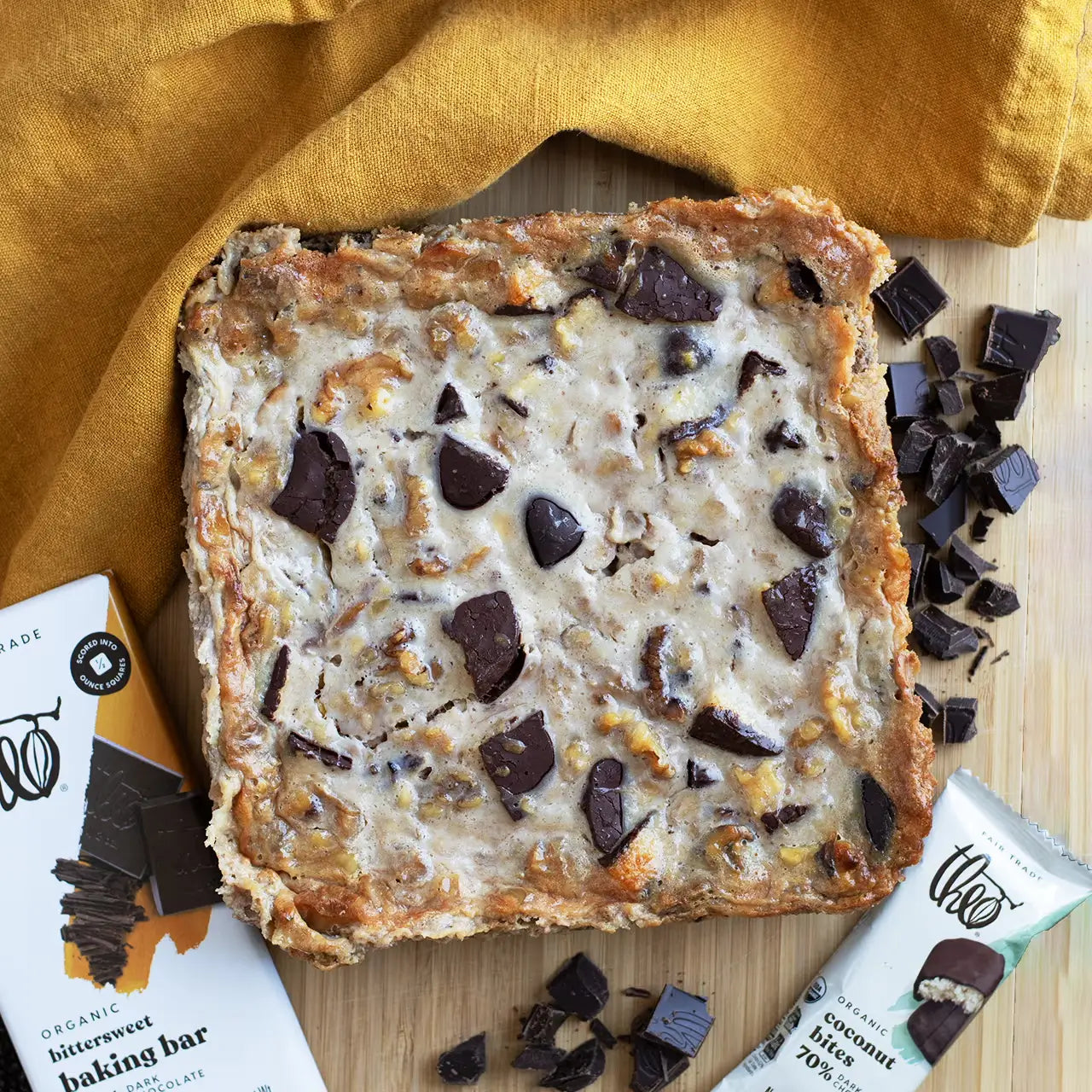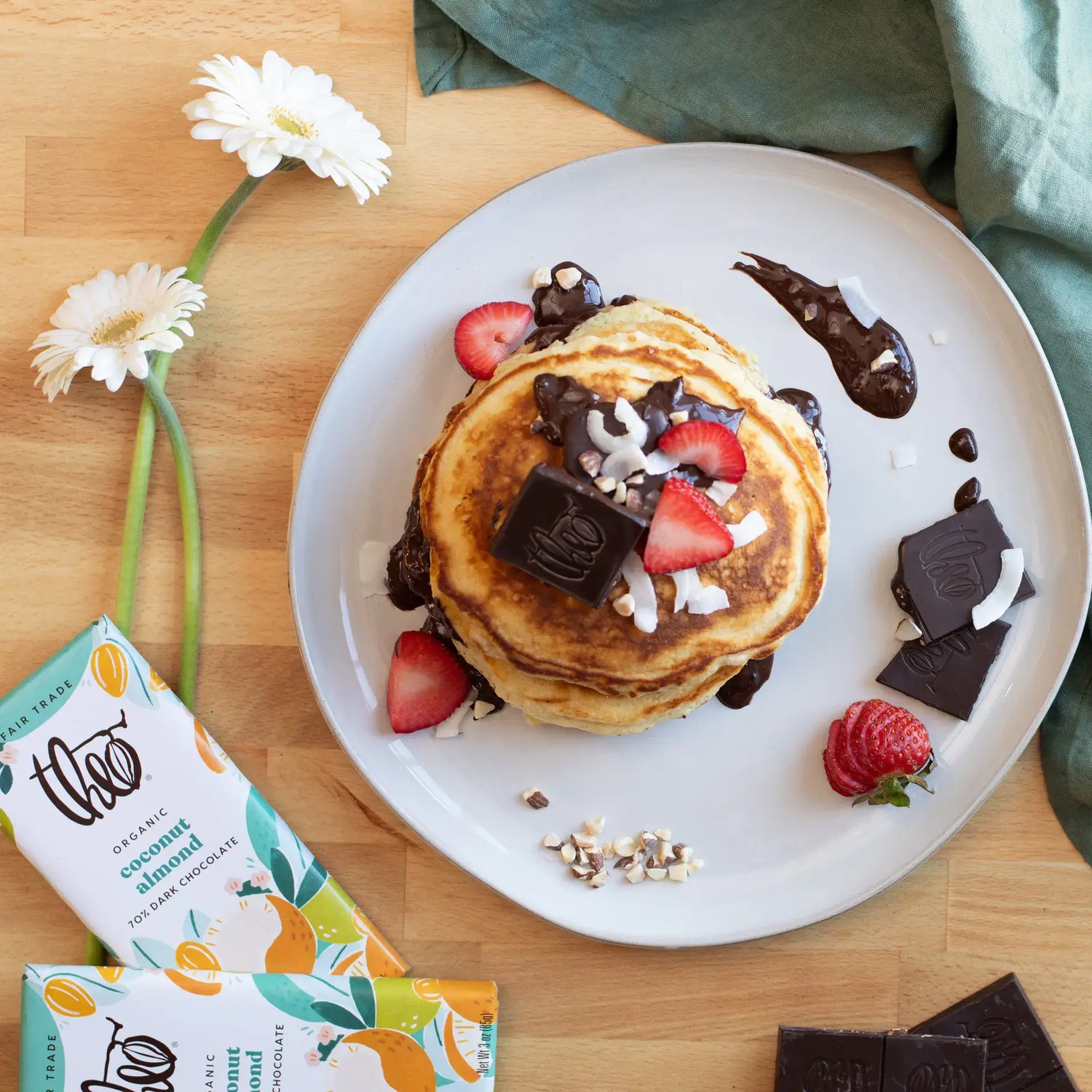We give a buzz about bees (and other pollinators)!
This week - June 17-23 - is Pollinator Week! This annual celebration is a time to raise awareness about the pivotal role pollinators play in our ecosystem and reflect on how we can build a sustainable future where pollinators and people thrive together. In honor of our hardworking pollinators, we talked to Eric Mason with Save the Bee about the threats facing bees and what we can all do to support them.
What's up with pollinators?
While there are thousands of creatures – birds, bats, butterflies, beetles, and more – that participate in pollinating plants around the world, bees are one of our busiest and most important contributors.
Bees are a critical element in our ecosystem – and not just because their honey is delicious! Bees pollinate 80% of the fruits, nuts, and vegetables we eat, plus plants used for feeding livestock and fiber for making our clothes.
The average honey bee will pollinate 30,000-40,000 plants in their short but busy lifetime and produce just 1/12 of a teaspoon of honey! “The more you learn about bees it becomes very clear, that their sweetest contribution to our lives isn't honey at all...it's everything else,” says Eric Mason, Executive Director of Save the Bee.
Right now, bees face devastating threats including habitat loss, pesticides, and disease. In 2022 alone, nearly 40% of U.S. beehives were wiped out. “Protecting bees is essential for maintaining our food supply, environment, and overall health,” says Eric.
You can be part of the solution and help save the bees right in your own home – wherever you are.
What does this have to do with chocolate?
Without pollinators, like chocolate midges, we wouldn’t have the cocoa beans to make our chocolate, or some of our favorite inclusions – like almonds, cherries, citrus and raspberries. “My favorite chocolate flavor is certainly the dark chocolate with salted almonds,” says Eric. “It’s just a coincidence that there wouldn’t be an agricultural almond industry supplying us the abundance of almonds we enjoy, without the hardworking honey bee!”
- Plant a Bee Garden: Create a haven for bees by planting a variety of pollen- and nectar-rich flowers. Even small spaces like window boxes or flowerpots can be bee-friendly. Use locally native plants whenever possible as many bees rely on them for survival.
- Go Chemical-Free: Avoid using pesticides, herbicides, and synthetic fertilizers. These chemicals can harm bees. Instead, aim to build a sustainable garden ecosystem. If pesticides are necessary, choose organic options and apply them carefully.
- Provide Trees for Bees: Trees are a major food source and habitat for bees. Plant native trees like maples and redbuds, which provide abundant nectar and nesting material. Trees also offer environmental benefits like carbon sequestration and cooling air temperatures.
- Create a Bee Bath: Bees need water. Fill a shallow bowl with clean water and add pebbles or stones for bees to land on while drinking. This simple addition helps bees stay hydrated.
- Support Local Beekeepers and Organizations: Purchase locally made honey and beeswax products to support local beekeepers. Additionally, you can donate time, resources, or money to local beekeeping societies and environmental groups to aid their efforts in protecting pollinators.
This Pollinator Week, and every week, remember the critical role that bees, honey bees, wild bees, and thousands of species of pollinators play in every aspect of our lives. The bees are busy and we need to get busy supporting them!
Founded in 2012, Save the Bee is a 501(c)(3) non-profit on a mission to help bees and humans thrive. Save the Bee funds research on bee and hive health, plants millions of square feet of pollinator habitat, and inspires and educates the next generation of beekeepers, bee enthusiasts, and bee habitat stewards.




